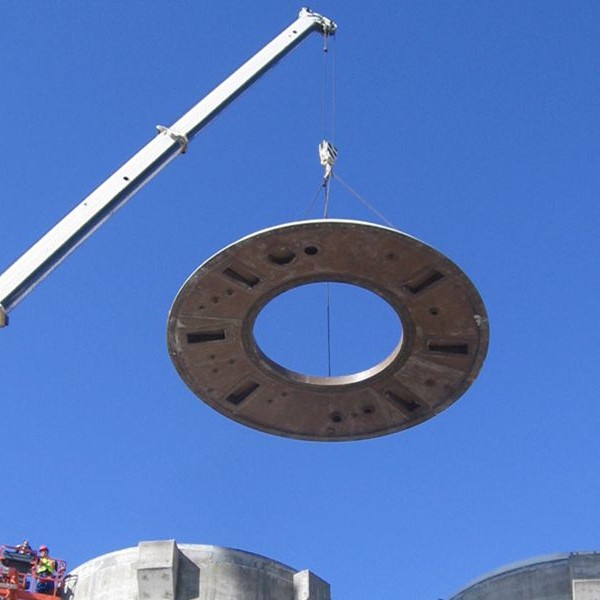
-
 Afrikaans
Afrikaans -
 Albanian
Albanian -
 Amharic
Amharic -
 Arabic
Arabic -
 Armenian
Armenian -
 Azerbaijani
Azerbaijani -
 Basque
Basque -
 Belarusian
Belarusian -
 Bengali
Bengali -
 Bosnian
Bosnian -
 Bulgarian
Bulgarian -
 Catalan
Catalan -
 Cebuano
Cebuano -
 China
China -
 China (Taiwan)
China (Taiwan) -
 Corsican
Corsican -
 Croatian
Croatian -
 Czech
Czech -
 Danish
Danish -
 Dutch
Dutch -
 English
English -
 Esperanto
Esperanto -
 Estonian
Estonian -
 Finnish
Finnish -
 French
French -
 Frisian
Frisian -
 Galician
Galician -
 Georgian
Georgian -
 German
German -
 Greek
Greek -
 Gujarati
Gujarati -
 Haitian Creole
Haitian Creole -
 hausa
hausa -
 hawaiian
hawaiian -
 Hebrew
Hebrew -
 Hindi
Hindi -
 Miao
Miao -
 Hungarian
Hungarian -
 Icelandic
Icelandic -
 igbo
igbo -
 Indonesian
Indonesian -
 irish
irish -
 Italian
Italian -
 Japanese
Japanese -
 Javanese
Javanese -
 Kannada
Kannada -
 kazakh
kazakh -
 Khmer
Khmer -
 Rwandese
Rwandese -
 Korean
Korean -
 Kurdish
Kurdish -
 Kyrgyz
Kyrgyz -
 Lao
Lao -
 Latin
Latin -
 Latvian
Latvian -
 Lithuanian
Lithuanian -
 Luxembourgish
Luxembourgish -
 Macedonian
Macedonian -
 Malgashi
Malgashi -
 Malay
Malay -
 Malayalam
Malayalam -
 Maltese
Maltese -
 Maori
Maori -
 Marathi
Marathi -
 Mongolian
Mongolian -
 Myanmar
Myanmar -
 Nepali
Nepali -
 Norwegian
Norwegian -
 Norwegian
Norwegian -
 Occitan
Occitan -
 Pashto
Pashto -
 Persian
Persian -
 Polish
Polish -
 Portuguese
Portuguese -
 Punjabi
Punjabi -
 Romanian
Romanian -
 Russian
Russian -
 Samoan
Samoan -
 Scottish Gaelic
Scottish Gaelic -
 Serbian
Serbian -
 Sesotho
Sesotho -
 Shona
Shona -
 Sindhi
Sindhi -
 Sinhala
Sinhala -
 Slovak
Slovak -
 Slovenian
Slovenian -
 Somali
Somali -
 Spanish
Spanish -
 Sundanese
Sundanese -
 Swahili
Swahili -
 Swedish
Swedish -
 Tagalog
Tagalog -
 Tajik
Tajik -
 Tamil
Tamil -
 Tatar
Tatar -
 Telugu
Telugu -
 Thai
Thai -
 Turkish
Turkish -
 Turkmen
Turkmen -
 Ukrainian
Ukrainian -
 Urdu
Urdu -
 Uighur
Uighur -
 Uzbek
Uzbek -
 Vietnamese
Vietnamese -
 Welsh
Welsh -
 Bantu
Bantu -
 Yiddish
Yiddish -
 Yoruba
Yoruba -
 Zulu
Zulu
fiberglass pipe fittings
The Advantages of Fiberglass Pipe Fittings
Fiberglass pipe fittings have become a popular choice in various industries due to their unique characteristics and advantages over traditional materials. These fittings, made from a composite of plastic and glass fibers, offer a range of benefits that enhance their performance, durability, and overall utility.
Lightweight and Strong
One of the most significant advantages of fiberglass pipe fittings is their lightweight nature. Compared to metal fittings, fiberglass is much easier to handle and install, reducing labor costs and installation times. Despite being light, fiberglass fittings are incredibly strong and durable. They can withstand high pressures and extreme temperatures, making them ideal for industrial applications where safety and reliability are paramount.
Corrosion Resistance
Fiberglass pipe fittings are inherently resistant to corrosion, which is a critical factor in many industries, especially those involving chemicals, wastewater, and marine environments. Unlike metal fittings that may rust or degrade when exposed to harsh conditions, fiberglass maintains its integrity over time. This property not only extends the lifespan of the fittings but also ensures that maintenance costs are significantly reduced.
Insulation Properties
fiberglass pipe fittings

Another notable benefit of fiberglass fittings is their excellent insulation properties. Fiberglass has a low thermal conductivity, which helps to minimize heat loss in piping systems. This thermal efficiency can lead to considerable energy savings, making fiberglass fittings a more economical choice in the long run. Additionally, the sound-dampening characteristics of fiberglass also contribute to quieter operations in environments where noise control is essential.
Versatility in Applications
Fiberglass fittings are highly versatile and can be used in various applications, including water supply systems, chemical processing plants, oil and gas industries, and even in residential plumbing. Their adaptability to different environments and materials makes them suitable for both new constructions and retrofitting old systems.
Environmental Benefits
In today’s eco-conscious world, choosing materials that have a lower environmental impact is crucial. Fiberglass is often manufactured using processes that generate fewer pollutants compared to traditional materials. Furthermore, the durability and longevity of fiberglass fittings mean that they contribute to less waste over time as they do not require frequent replacements.
Conclusion
In conclusion, fiberglass pipe fittings offer a multitude of advantages, making them an excellent investment for various applications. Their lightweight nature, corrosion resistance, insulation properties, versatility, and environmental benefits position them as a superior choice compared to traditional fittings. As industries continue to seek durable and efficient solutions, fiberglass will undoubtedly remain a key player in the realm of piping systems, paving the way for safer and more sustainable engineering practices.
Latest news
-
Exploring the Benefits of Top Hammer Drifter Rods for Enhanced Drilling PerformanceNewsJun.10,2025
-
High-Precision Fiberglass Winding Machine for GRP/FRP Pipe Production – Reliable & Efficient SolutionsNewsJun.10,2025
-
FRP Pipes & Fittings for Shipbuilding - Corrosion-Resistant & LightweightNewsJun.09,2025
-
Premium FRP Flooring Solutions Durable & Slip-ResistantNewsJun.09,2025
-
Premium Fiberglass Rectangular Tanks Durable & Lightweight SolutionNewsJun.09,2025
-
Tapered Drill String Design Guide Durable Performance & UsesNewsJun.09,2025









